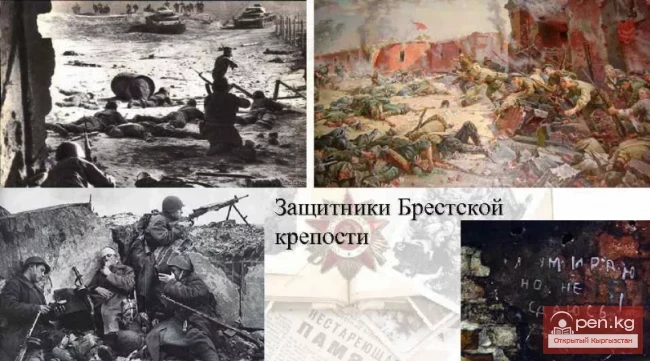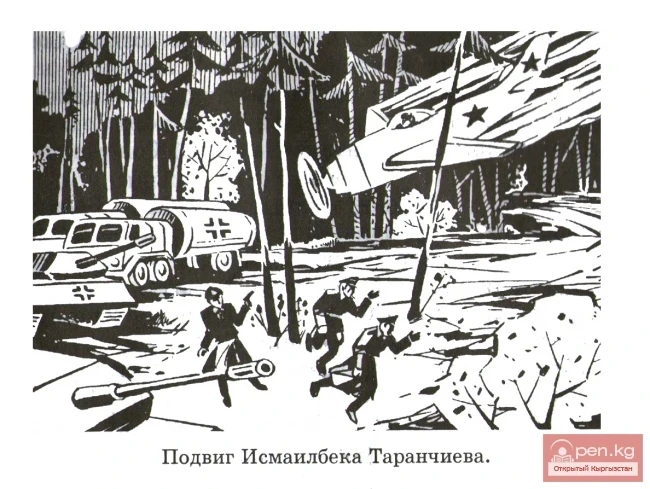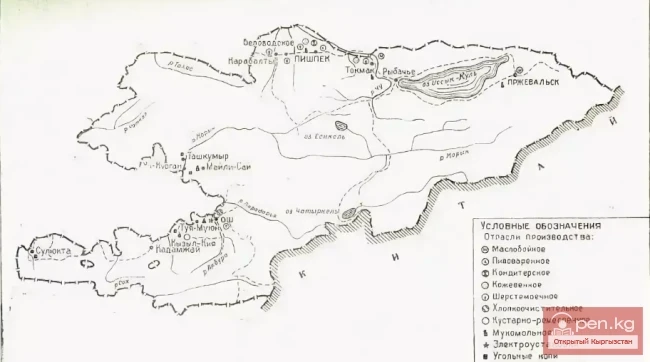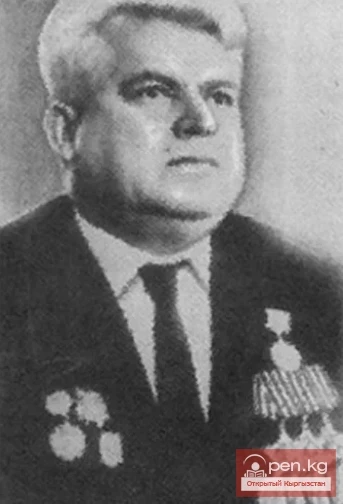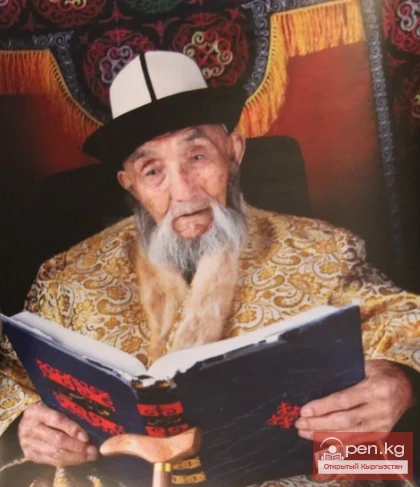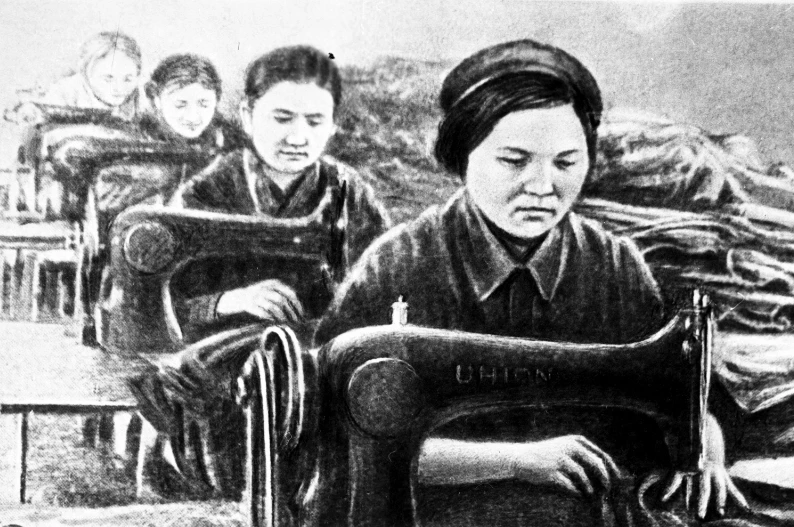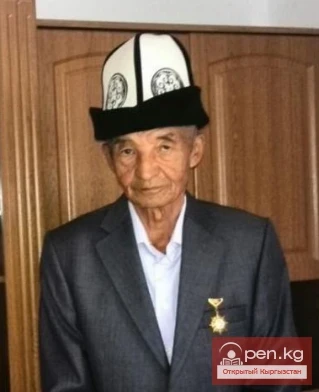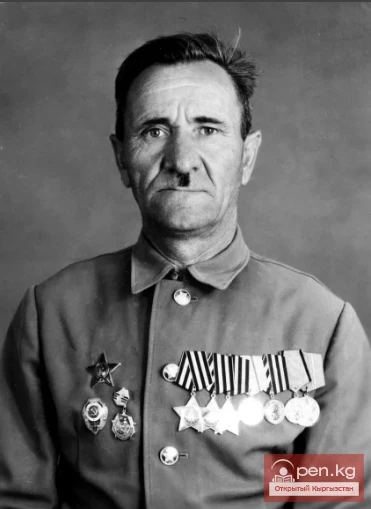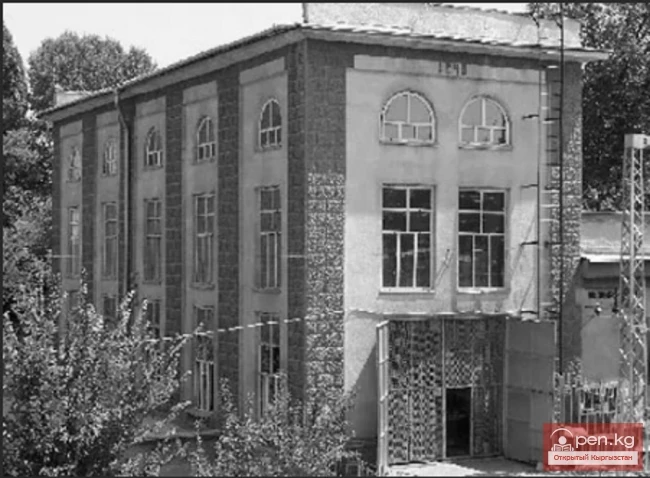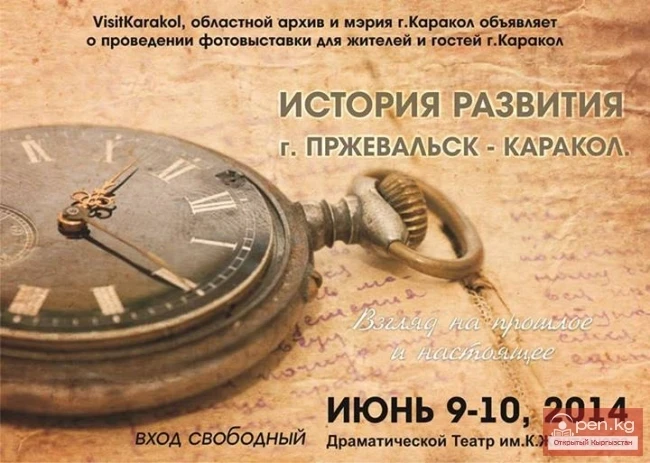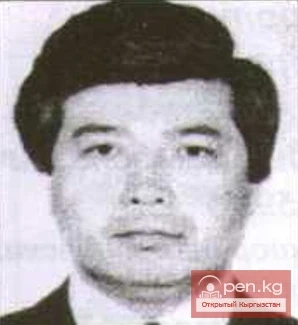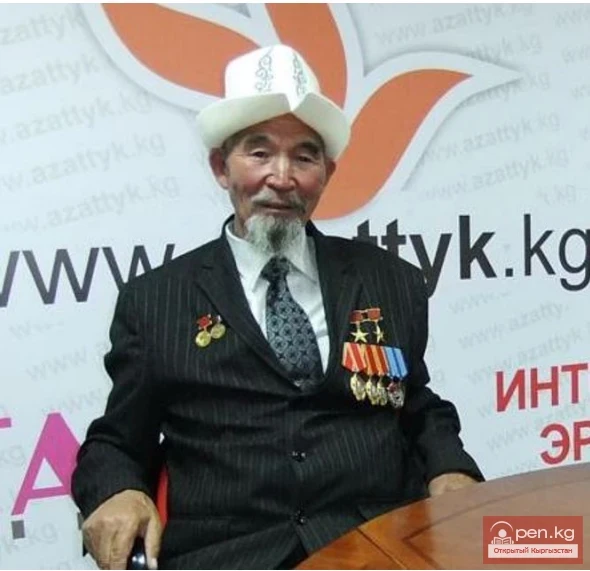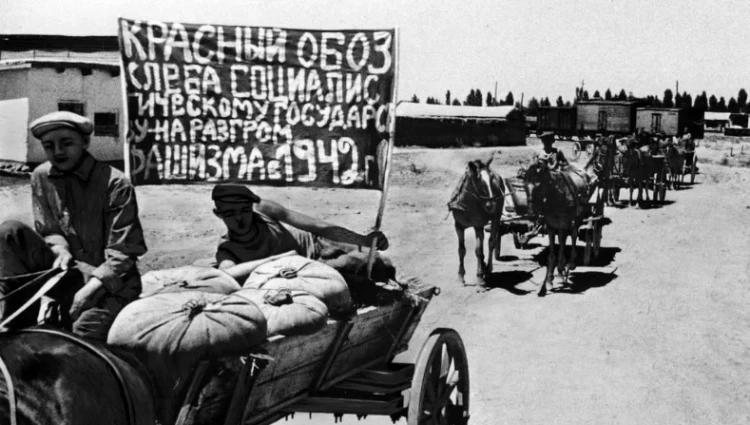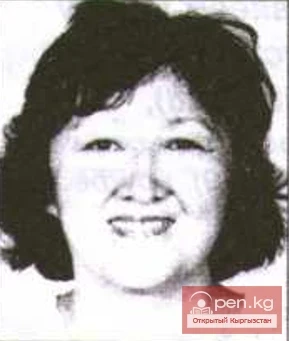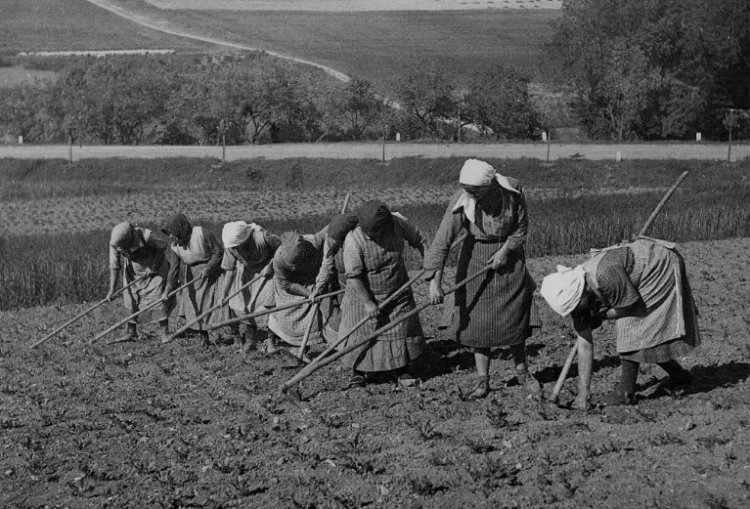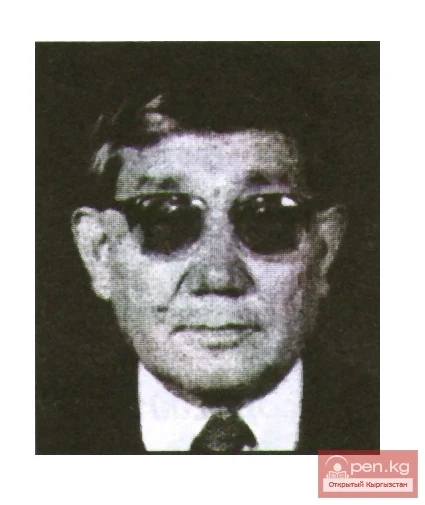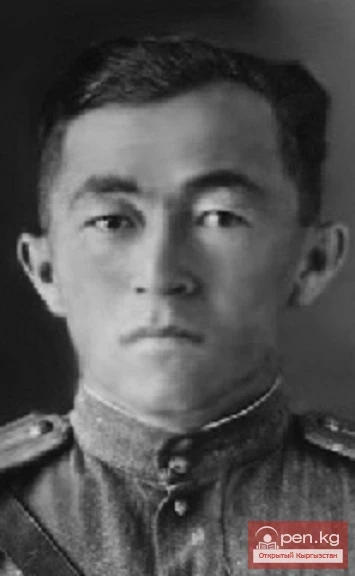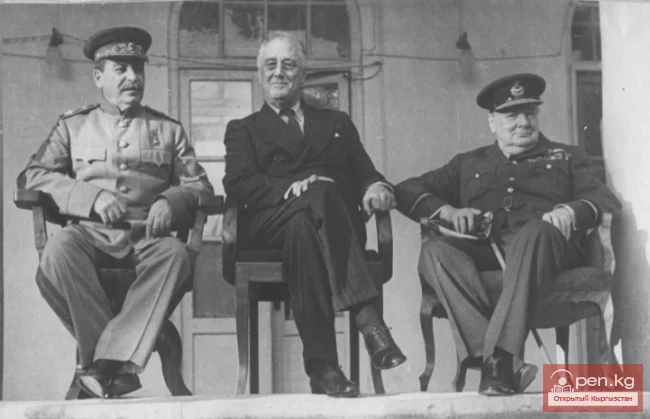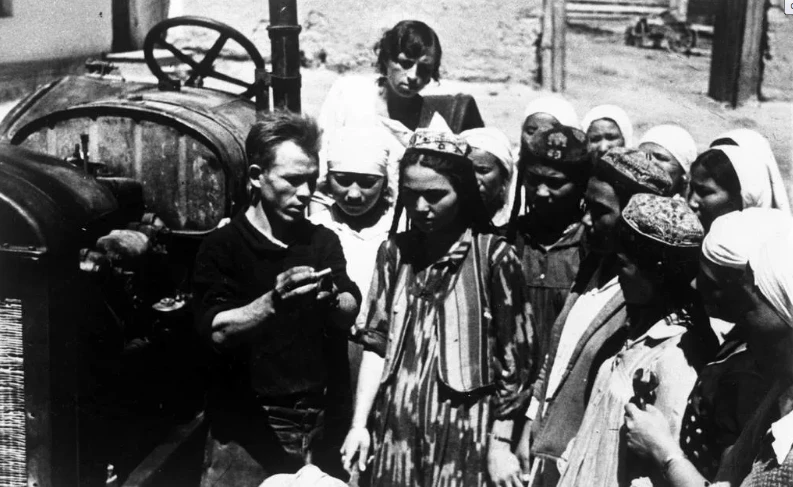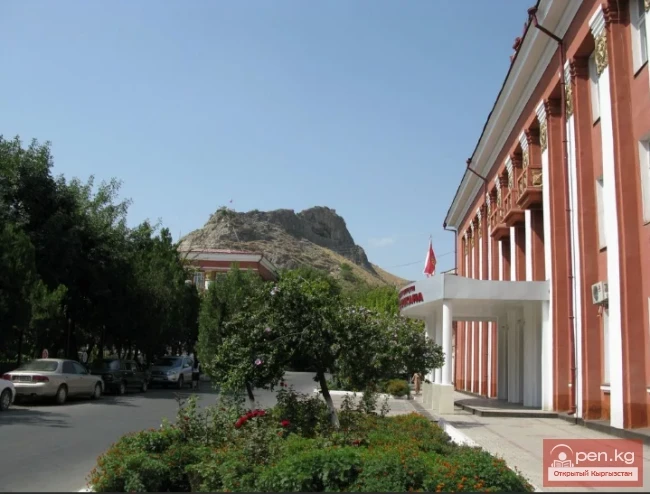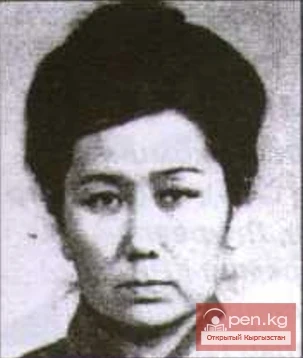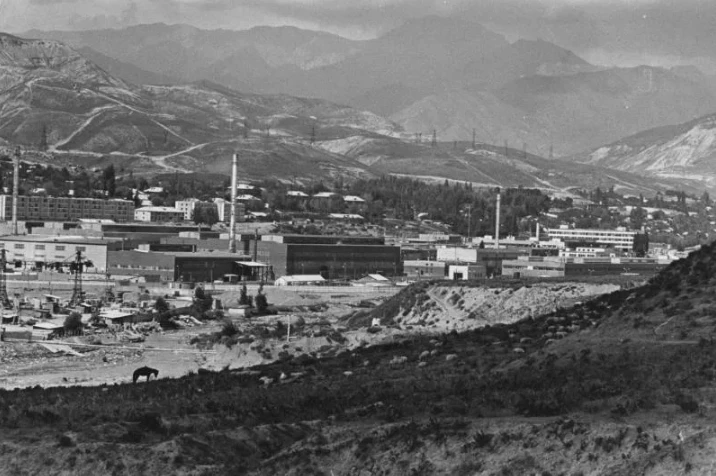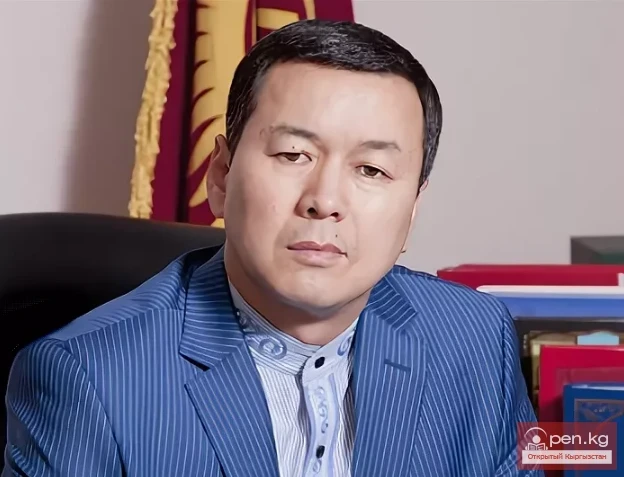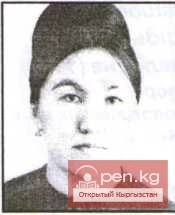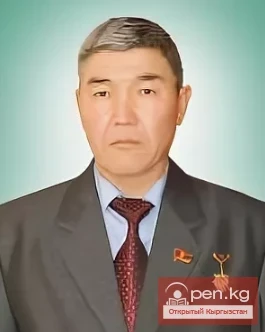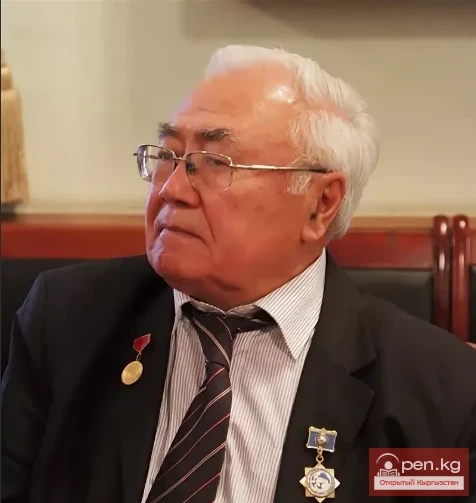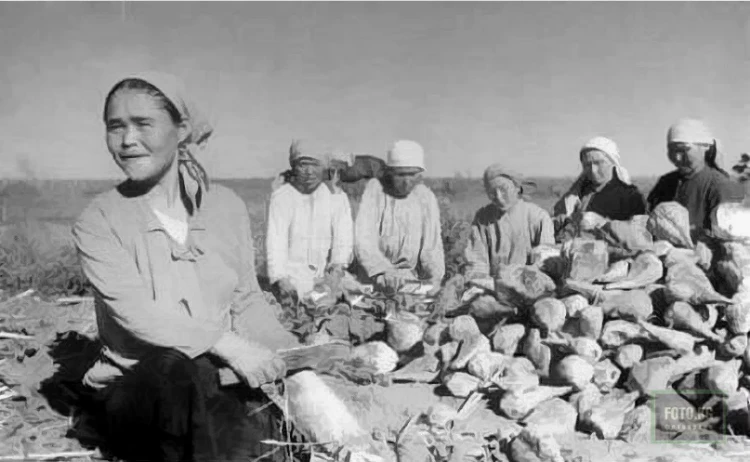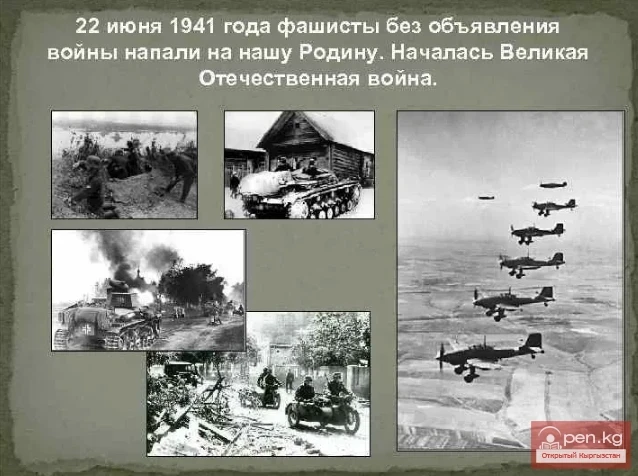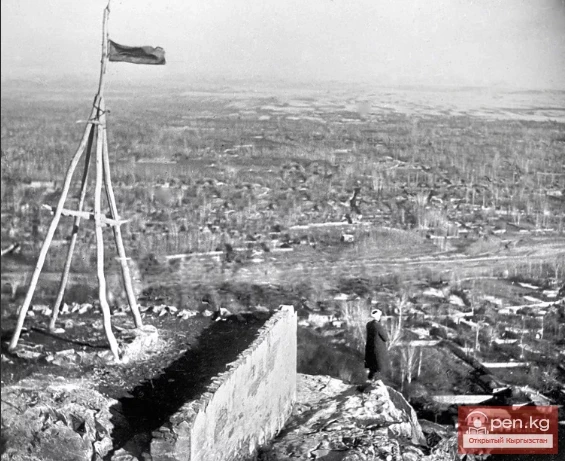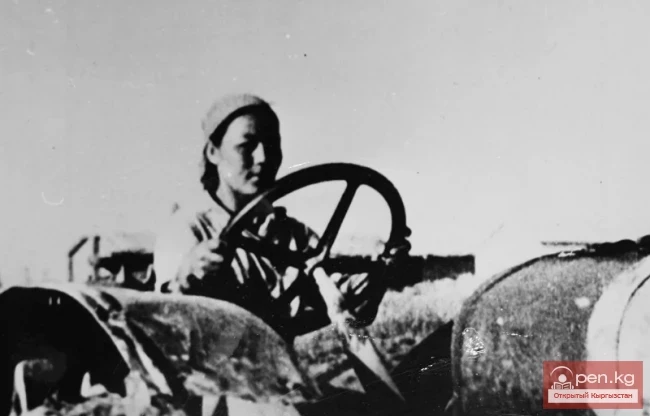The First Heroes from Kyrgyzstan
In the very first days of the war, fierce and bloody battles broke out. Soviet soldiers of all nationalities, in an incredibly difficult and complex situation, stood shoulder to shoulder, persistently and selflessly repelling the fierce onslaught of the enemy, going on the counterattack, and more than once forcing him to flee.
One of the most brilliant pages in the history of the Great Patriotic War was written by the defenders of the border Brest Fortress. Under the command of Captain I. N. Zubachev and Regimental Commissioner E. M. Fomin, they fought for more than a month to the last drop of blood against the fascist invaders. Among the legendary heroes of the fortress was Kyrgyzstani V. I. Furtsov, a former student of the Lenin School in the city of Przhevalsk, who later became a Doctor of Biological Sciences.
With unwavering courage, Kyrgyzstani gunner N. M. Dmitriev—formerly an employee of the republican office "Zagotskot" from the city of Frunze—fought valiantly. On July 10, 1941, at the moment of the enemy tanks' breakthrough near the city of Borisov in the Minsk region of the Belarusian SSR, he directly fired upon and destroyed two tanks. When Dmitriev was preparing to hit the third tank, he was wounded by a fragment of a shell, but he still managed to disable that tank as well. The attack was repelled. Only after this, bleeding profusely, did the artilleryman agree to be sent to a medical aid point. The surgeon extracted 17 fragments from his body. By the decree of the Presidium of the Supreme Soviet of the USSR dated August 31, 1941, Nikolai Mikhailovich Dmitriev was awarded the title of Hero of the Soviet Union. He was the first soldier from Kyrgyzstan to receive this honor, a month after the start of the Great Patriotic War.
The high moral qualities, resilience, and heroism displayed by the defenders of the socialist Motherland made a stunning impression on the Nazi high command in the first days of the war. Notably, the acknowledgment of the Chief of the General Staff of the German Army, F. Halder. On June 29, 1941, in his official diary, he noted: "Reports from the front confirm that the Russians are fighting everywhere to the last man."
Former Hitler general Tippelskirch later also acknowledged: "The opponent's persistence was convincing... This was an opponent with a will of steel, who ruthlessly, but not without knowledge of operational art, threw his troops into battle... There could be no talk of quickly 'destroying the house of cards'."
Here is what the English bourgeois military historian Fuller wrote about the first days of combat operations on the Soviet-German front: "Events in Russia did not unfold as they did in Poland and France. Externally, the 'blitzkrieg' was successful beyond all expectations; however, strangely enough, on the Russian front and beyond, there was little or no panic." Fuller further cites the forced admissions of the Hitlerite leadership (from the German newspaper "Frankfurter Zeitung" dated July 6, 1941): "The psychological paralysis that usually followed the lightning German breakthroughs in the West is not observed to the same extent in the East; in most cases, the opponent not only does not lose the ability to act but, in turn, tries to encircle the German pincers."
The Patriotism of Kyrgyzstani People in the First Days of the Great Patriotic War
